#Space_Aus ð°ï¸ ð¦ðº.


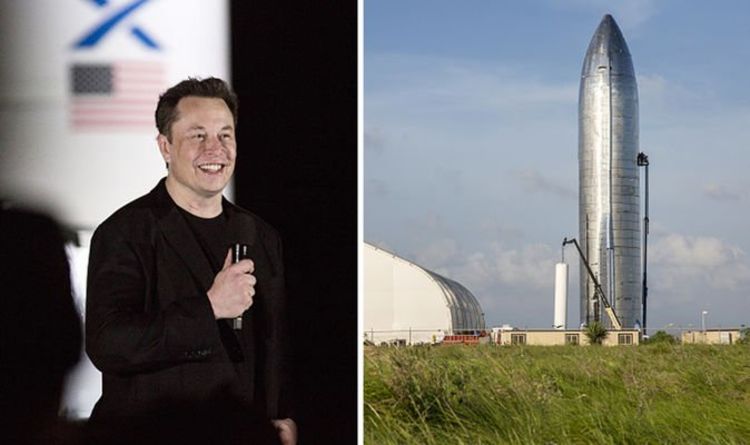
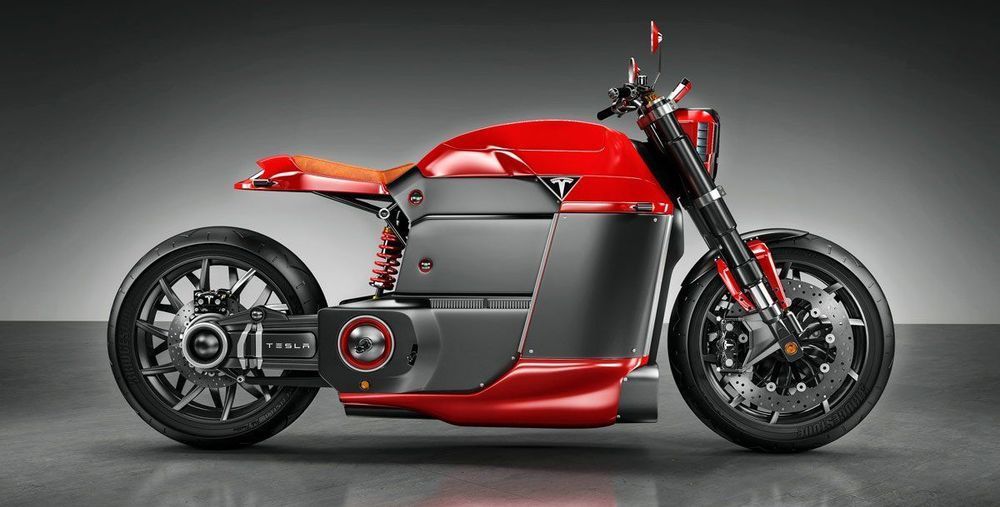
Electric motorcycle and scooter design uses two or three wheel layouts outfitted with an electric motor and battery used for long distance travel, commuting and cruising.
an electric motorcycle concept based on dyson’s bladeless fans.
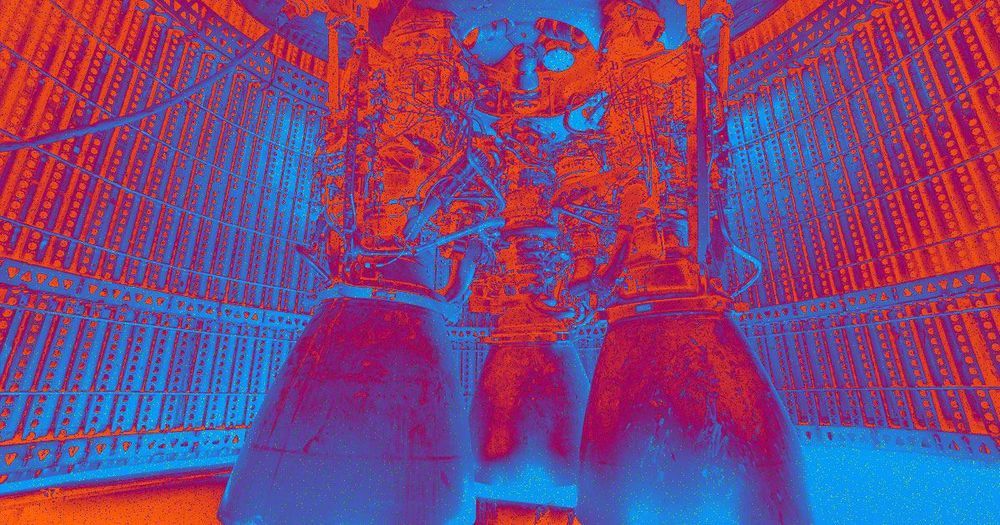
Musk revealed the stainless steel monstrosity during a presentation at SpaceX’s Boca Chica, Texas testing site on Saturday. The hope is that it’ll one day allow up to 100 passengers to travel to the Moon, Mars, and beyond.
The record-breaking rocket will eventually be 160 feet tall and twice as powerful, according to Musk, as NASA’s retired Saturn V rocket that took American astronauts to the Moon during the Apollo missions.
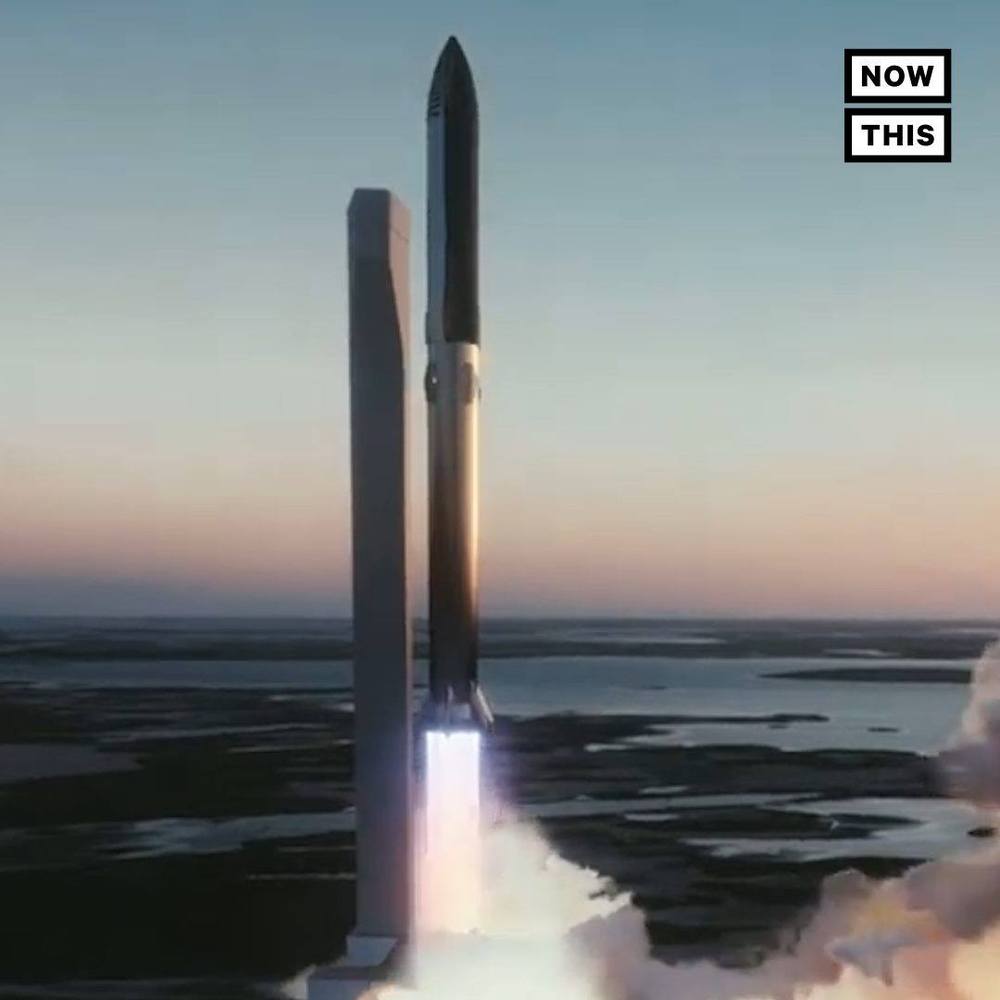
Click on photo to start video.
Elon Musk unveiled this 120-ton ‘Starship’ he plans to take people to Mars in 🚀 (via NowThis Future)
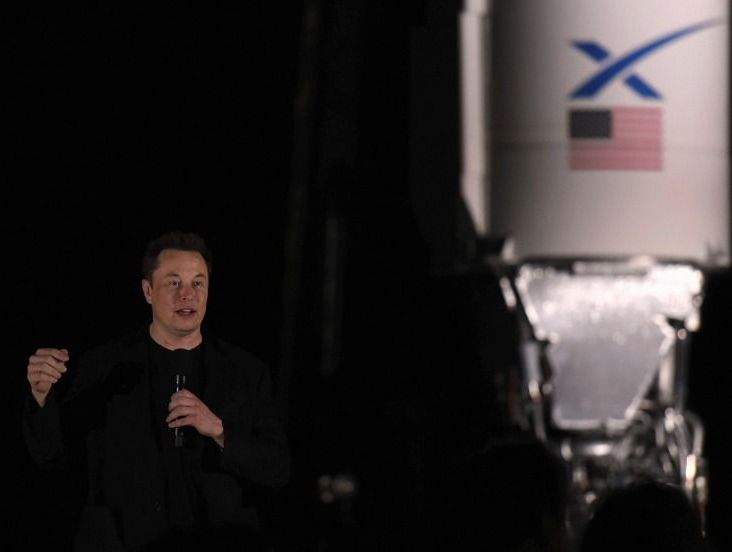
Billionaire entrepreneur Elon Musk has unveiled the latest iteration of his space company’s newly assembled Starship, outlining a speedy development timeline for the centerpiece vehicle of SpaceX’s quest to launch humans to the moon and Mars.
Musk showed a crowd of space enthusiasts and reporters at SpaceX’s rocket development site late on Saturday in the remote village of Boca Chica, Texas, animations of Starship landing on the moon and Mars and predicted that the rocket’s first orbital flight could come in the next six months, followed by missions to space with humans aboard the next year.
“This is basically the holy grail of space,” Musk said, standing between a towering, newly assembled Starship rocket and Falcon 1 — the company’s first vehicle whose debut orbital mission was celebrated by SpaceX 11 years ago.
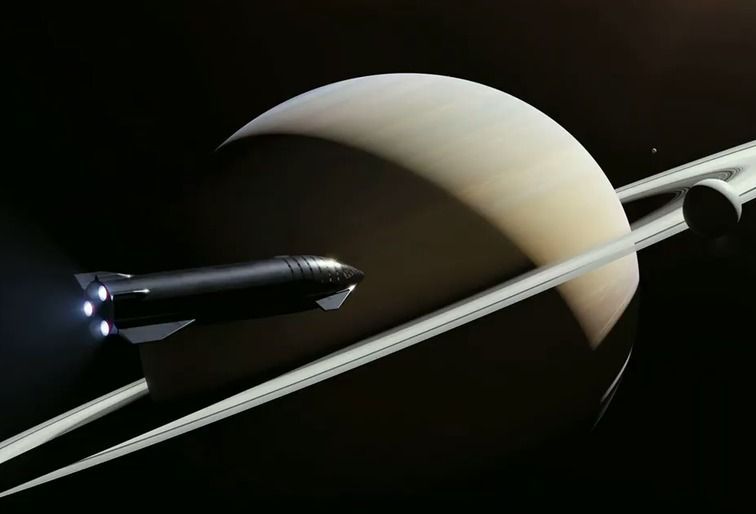
During Saturday evening’s hour-long, particularly windy press conference, Musk announced that the next test would take place in “about one to two months” before detailing how Starship would control its landing.
“This is quite a new approach to controlling a rocket,” Musk said. “Much more akin to a skydiver than a plane.”
Musk laughed as he showed the crowd in Boca Chica how the craft would control the fall, with his hands acting as the ship. Getting into the specifics a little more, Musk explained the importance of a steel heat shield that would only cost a fraction of a carbon fiber heat shield. “I’m in love with steel,” Musk said.
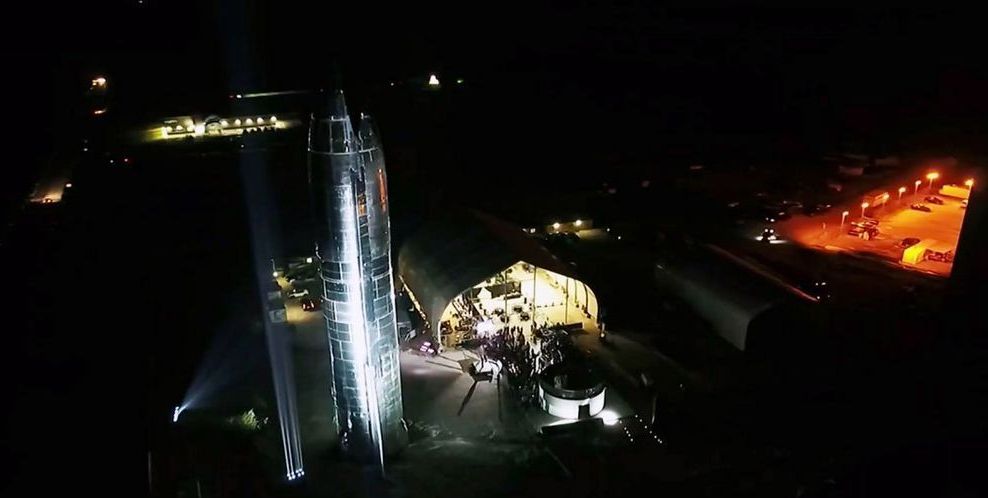
This latest design has held to the present day; SpaceX is still shooting for a 387-foot-tall Starship-Super Heavy stack, with six Raptors on the spacecraft. The number of engines on Super Heavy could vary from flight to flight; Musk said the rocket has space for up to 37 Raptors, and each mission will probably require at least 24.
With the design nailed down, SpaceX plans to move fast. The company wants to reach Earth orbit with a Starship prototype in about six months. And people could start flying aboard the vehicle in the next year or so if the test program continues to go well, Musk said.
While Musk and SpaceX have been lauded by their ambitious push for a Starship capable of deep-space travel, the road has not always been smooth.
This evening, SpaceX CEO Elon Musk will give an update on the design and future of his company’s next-generation rocket, Starship, a massive vehicle that is meant to take people to the Moon, Mars, and beyond. The concept for Starship has evolved in numerous ways over the last few years, and now Musk plans to reveal the vehicle’s latest blueprints.
Musk is giving an hour-long presentation on the rocket at SpaceX’s test facility in Boca Chica, Texas, a tiny town just north of the Mexican border. SpaceX has been building lots of test hardware for Starship at the site, and the CEO will likely be surrounded by this shiny material during his talk. As you watch, keep an eye out for a large Starship test vehicle that’s meant to perform high-altitude test flights in the months ahead.
It’s unclear exactly what Musk will discuss. He mentioned on Twitter that this talk is “mostly a design update for those interested,” though he might touch on the longer-term plans for Starship, as well. The discussion will get underway at 8PM ET; here’s what you need to know before the show.
Elon Musk has once again issued a stark warning over his fears about the rise of artificial intelligence.
The Telsa CEO shared a pair of tweets today that stated it will not be long until ‘advanced AI’ manipulates social media.
Musk has suggested sites closely watch to see if bot swarms are evolving faster, as this could be a dead giveaway of a robot takeover.